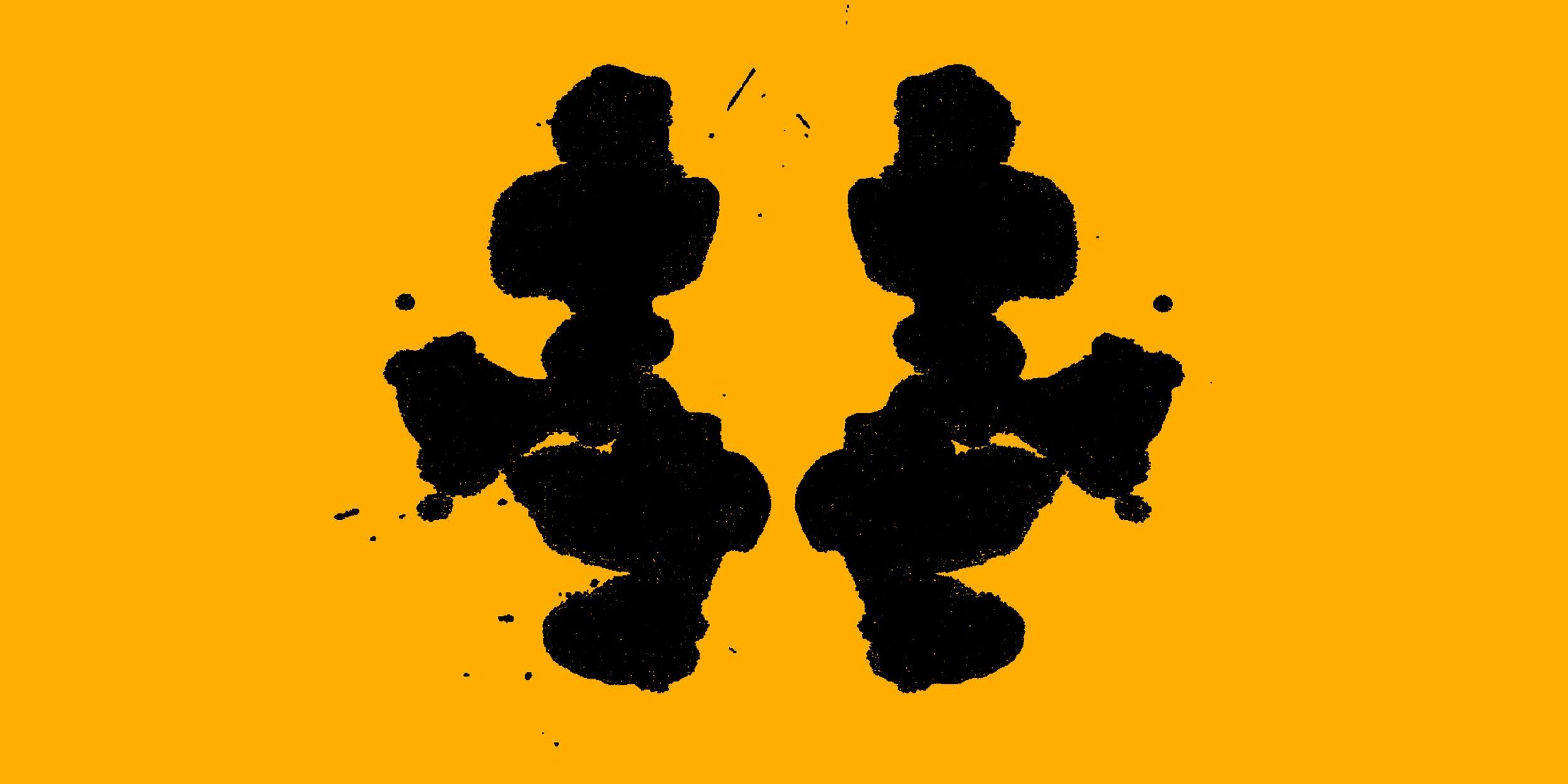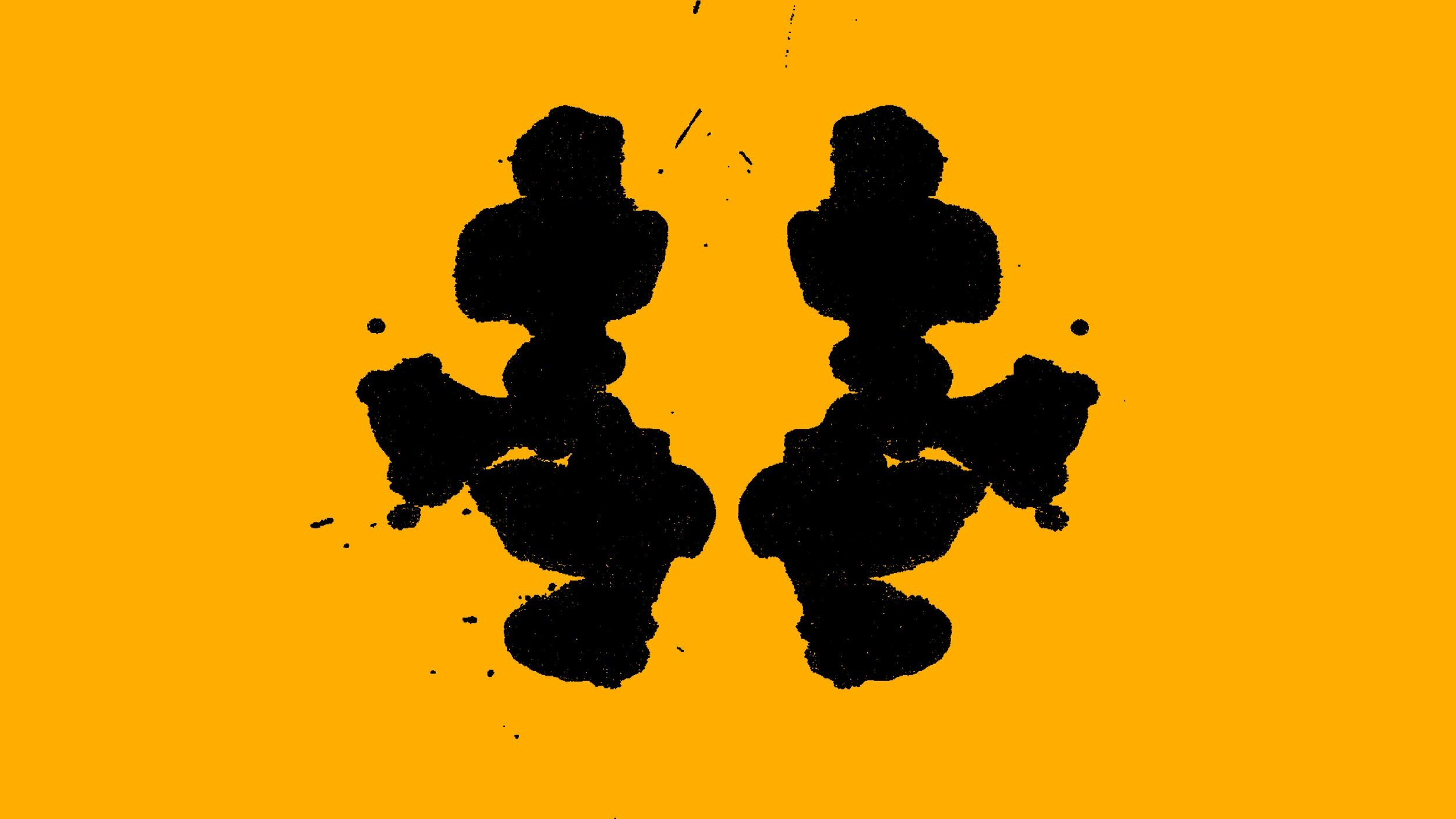How One Word Might Return Our Professional Sanity Quicker Than Any Other
The power of the word no seems to inherently mean “negative” in corporate culture.
Or at least that’s what it felt like early on in my career. I remember being forced to read the Jon Gordon middle management classic “The Energy Bus” and derived that I was some energy-sucking vampire because I didn’t bring positivity to every single experience in my life.
But, according to my leadership team, once I read Gordon’s book, all the stars would align, and I would never have a single negative thought again. When that didn’t happen, I was consistently reminded that I was saying no instead of saying yes in meetings and other times when I managerially attempted to quell any spirit that didn’t push company objectives forward.
I had been asked to surrender my human no for a robotic yes. Beep-Bop-Boop.
All Roads Lead To No
Like so many other energy and productivity trainings focusing on remolding the workforce into drones, I found myself sold the same falsehoods repeatedly. Saying no meant there was something wrong with me in corporate culture; I was the literal thorn in their sides.
In design, saying no meant saying yes to something else, something better. No was what gave my yes its power and frankly had nothing to do with being negative.
No meant boundaries. But at a deeper level, no meant that I was able to craft what I really intended to, the best version of something, of anything that came from my will to be or to create.
The irony, in my case, was that once I recognized my power to say no, it also made me keenly aware when others were using their no. I had this feeling that I’d unlocked some videogame achievement, a level where my goal had less to do with setting my professional boundaries and more with helping others see when they should raise their own.
This awareness became particularly useful as I grew creative and marketing departments across multiple organizations. When I met with a no from someone who reported to me, I could always see myself in their shoes and thus respect their boundaries. No became natural in our work relationship.
What’s A No For One Is A No For All
An area where no has been vehemently thrown under the bus is in client work. Whether you work retail or for a 5-star agency, we’ve all heard the term “the client is always right.”
Wrong.
And not the kind of wrong you say slyly to make yourself feel more intelligent.
No, this is the wrong that you say, holding someone’s hand. It’s wrong because you can’t properly serve a client if you can’t envision them being something better than what they are currently.
I have been laughed out of pitches because the client thought I would make them “too cool.” What a problem to have. Some might say, “Perhaps the reason for their laughter is because you don’t properly understand the client or the brief,” and I always respond the same way: If you want to be mediocre, then you’re working with the wrong guy.
In a way, that’s my ultimate no. If you can’t aspire to be greater than today or the day before, what’s the point?
I think as it pertains to the power of no, the clients at CultureCraft know our no isn’t slapped on because it’s 5 PM, and we’re ready to call it a day (though that work boundary is also clear).
It’s because we earn our no’s. We intensely study our clients’ needs and goals, and with the best intentions, we use the power of boundary setting and saying no with their best interests in mind.
One More No For The Road
Ultimately, a no is best used when there is a trust in our work, in the relationship, and in how we show up in every interaction. After all, a lazy and inauthentic no is as toxic and hurtful as an unwilling yes.
But as honest human beings, who don’t always shoot rainbows out of our ass, we can say no with confidence, all the while guarding our yes and making it all the more special. The truth is, we love to say yes to clients, to our co-workers, to our friends and families, even to strangers.
But whether it’s in the office, on the subway, at the bar, or at home – sometimes the most important word we have at our disposal, the one that returns our sanity, preserves our dignity, and gives us room to breathe again, is no.
In the end, we at CultureCraft are just a team of fallible, imperfect people trying to make the world and its brands a little bit better. So if someone offers you up mediocre work, we hope you’ll practice your no, and find us after.
So we can say yes together.

